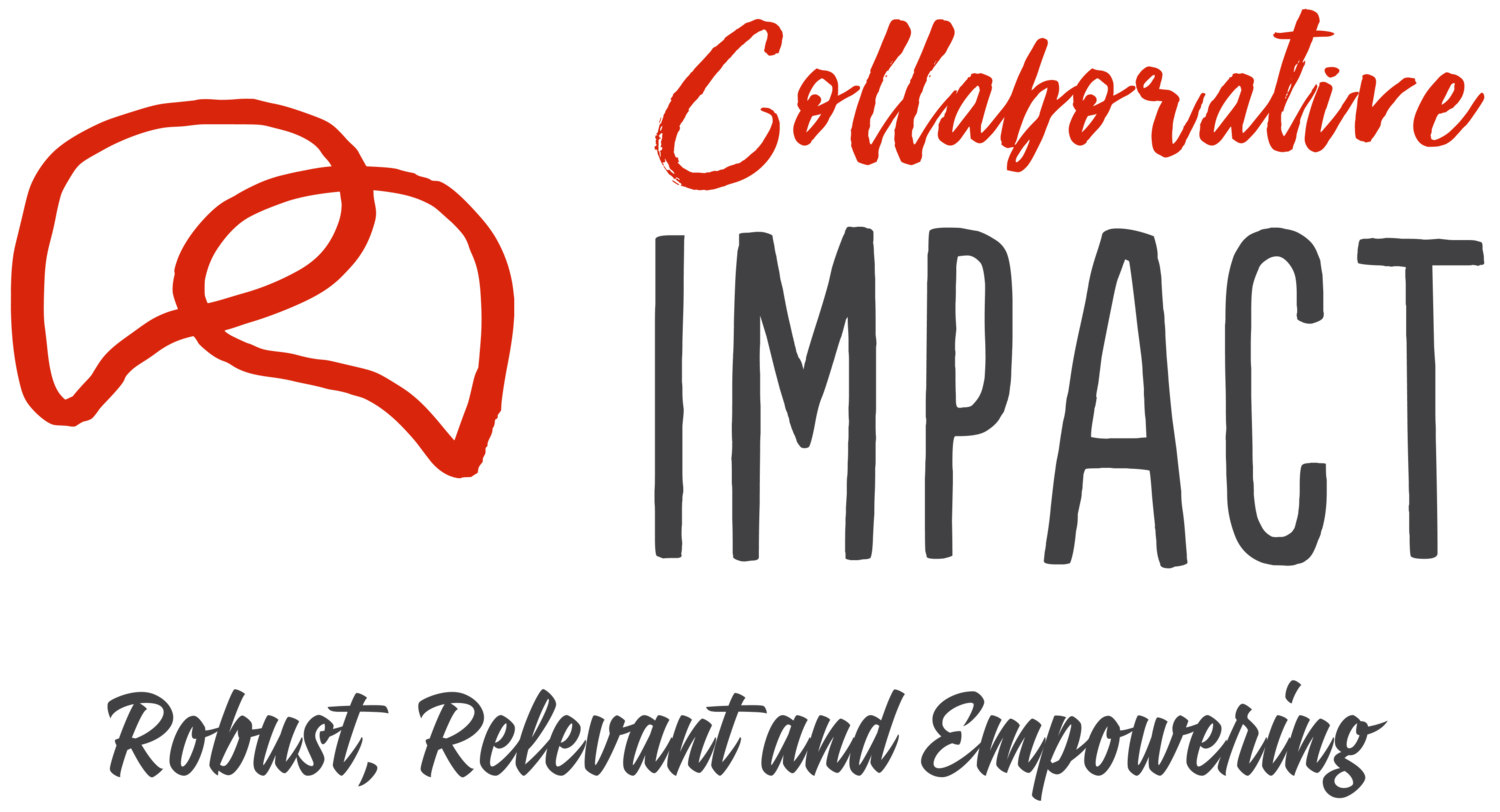Piloting of PIALA in impact evaluations of IFAD-financed goverment programmes
Client. International Fund for Agricultural Development (IFAD)
Type. Multilateral and multi-donor initiative
(USD 800k)
Period. 2012-2016
Locations. Ghana, Vietnam
Sectors. Sustainable agriculture and food.
“This is the most innovative combination of methods I remember ever having come across... All of you who have been involved deserve congratulations and thanks for having done what we have been advocating so long and fruitlessly with donors, to fund methodological innovation.”
Robert Chambers, author of “Can We Know Better” (2015)
This concerned a multi-donor initiative (USD 800k) to develop a novel approach for designing and conducting evaluations of IFAD-financed government programmes to support learning with partners and stakeholders around how multiple interventions and external influences interact and combine to generate system change and impact. The approach became known as Participatory Impact Assessment and Learning Approach (PIALA) and draws on the realist, developmental and transformative/feminist evaluation traditions.
The approach was piloted with IFAD in Vietnam and Ghana. The impact evaluation of the Roots & Tubers Improvement and Marketing Programme (RTIMP) in Ghana was considered as one of the first truly-integrated mixed-methods evaluations using a participatory approach at a large scale. The evaluations and the approach were very well received, as shown by the Ghana Performance Evaluation of IFAD’s Independent Office of Evaluation that entirely built off the evaluation, and the PIALA Research Paper published on IFAD’s Impact Page.
PIALA guides Collaborative Impact's overall approach and has since been used in:
Project and programme evaluations
(e.g. with Comic Relief, Oxfam GB, UN Women, PNG NCDC, Rainforest Alliance, Oxfam Novib)Global strategy and portfolio reviews
(e.g. with IIED, Commonwealth Foundation, Nordic Africa Institute, Commonwealth Secretariat, DFAT/University of Birmingham)MEL and results framework design
(e.g. with Impact Coalition, Commonwealth Foundation, Nordic Africa Institute, and Results for Development)





